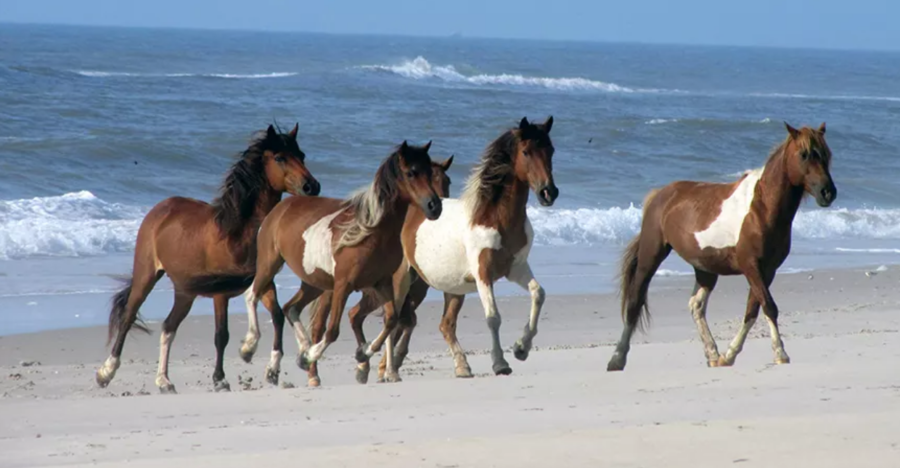Overview

Assateague Island National Seashore
New Science Communication in the Parks (SCIP) initiative launched ~ July 2024
The Ecological Society of America (ESA) is pleased to announce the launch of a new Science Communication in the Parks (SCIP) initiative this summer. This opportunity is administered by ESA in cooperation with the National Park Service, as part of the Cooperative Ecosystem Studies Units (CESU) Program.
This project will offer six (6) SciComm Fellowships each year. Selected SCIP Fellows will receive a $3000 stipend, professional development in SciComm and work with a Project Mentor with SciComm expertise and NPS liaisons to develop two SciComm products each. Eligibility criteria apply.
Participating NPS Science liaisons have identified key priorities and audiences for this effort.
Applications for the 2024 cohort of SCIP Fellows are now closed.
Purpose of Project
The purpose of the project is to support communications related to high-profile regional resource initiatives that are addressing the impacts of climate change and other stressors initially in the Northeastern National Parks. We hope to expand to other regions in the future.
Key Communications Goals
Four key communications goals have been identified:
- Communicate the initiatives and operationalize best practices within the National Park Service.
- Expand initiatives beyond the National Park Service through the adoption of best practices to restore ecosystems and enhance resilience to stressors.
- Obtain additional funding that enhances the initiatives.
- Demonstrate how the National Park Service is tackling the climate crisis by protecting resources and managing for resilience throughout the region.
NPS Key Audiences
NPS key audiences include internal NPS national and regional leadership, government agencies, academic partners, non-government organizations, communities and tribal nations, park visitors and media outlets in the region. The SciComm products will aim to inform these audiences of the purposes, best practices, funding opportunities and impacts of the regional resource initiatives. Accompanied by actionable steps or a “call to action” that invite further engagement, we anticipate multiple ways that the key audiences may benefit, including exposure to new ideas or taking steps to adopt new climate smart research or implement evidence-based management practices.
Cooperative Ecosystem Studies Units
This project is funded through Cooperative Ecosystem Studies Units (CESU) program. CESUs provide research, technical assistance, and education to federal land management, environmental, and research agencies and their partners. The partners serve the biological, physical, social, cultural, and engineering disciplines needed to address natural and cultural resource management issues at multiple scales and in an ecosystem context.
The CESU Network partners are organized into seventeen units. ESA is a member of the Chesapeake Watershed CESU (CWCESU) unit.
